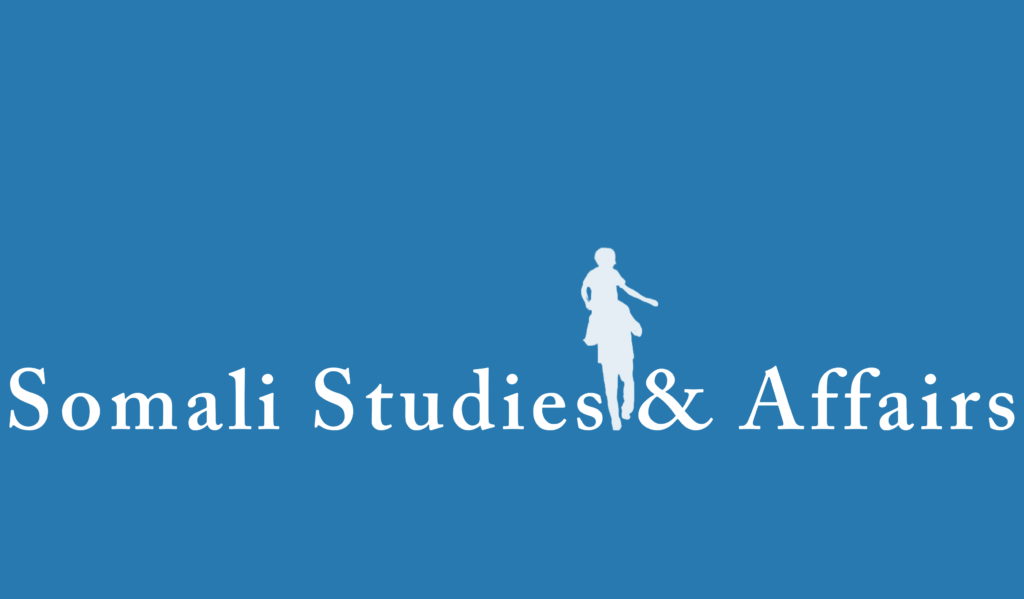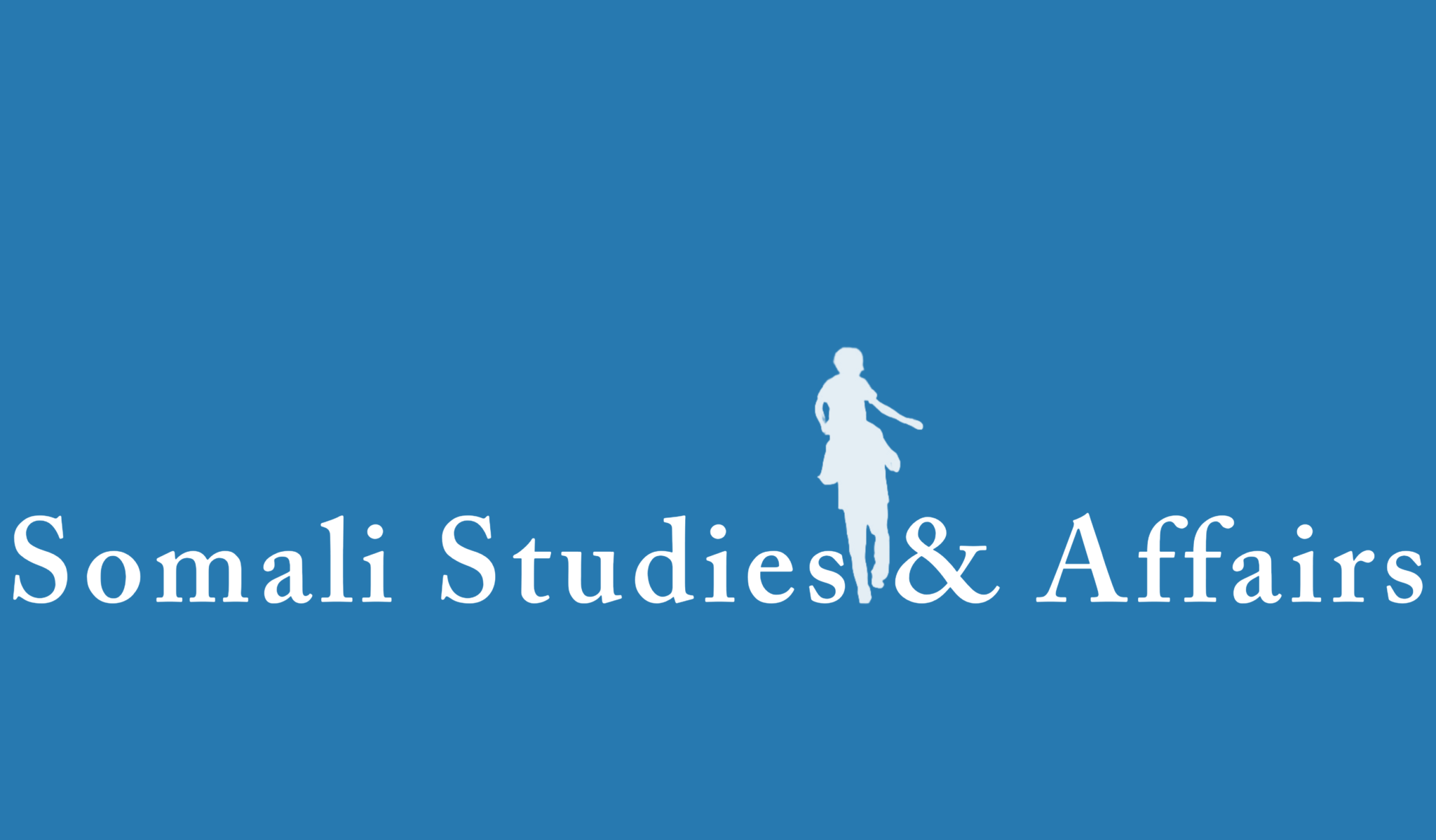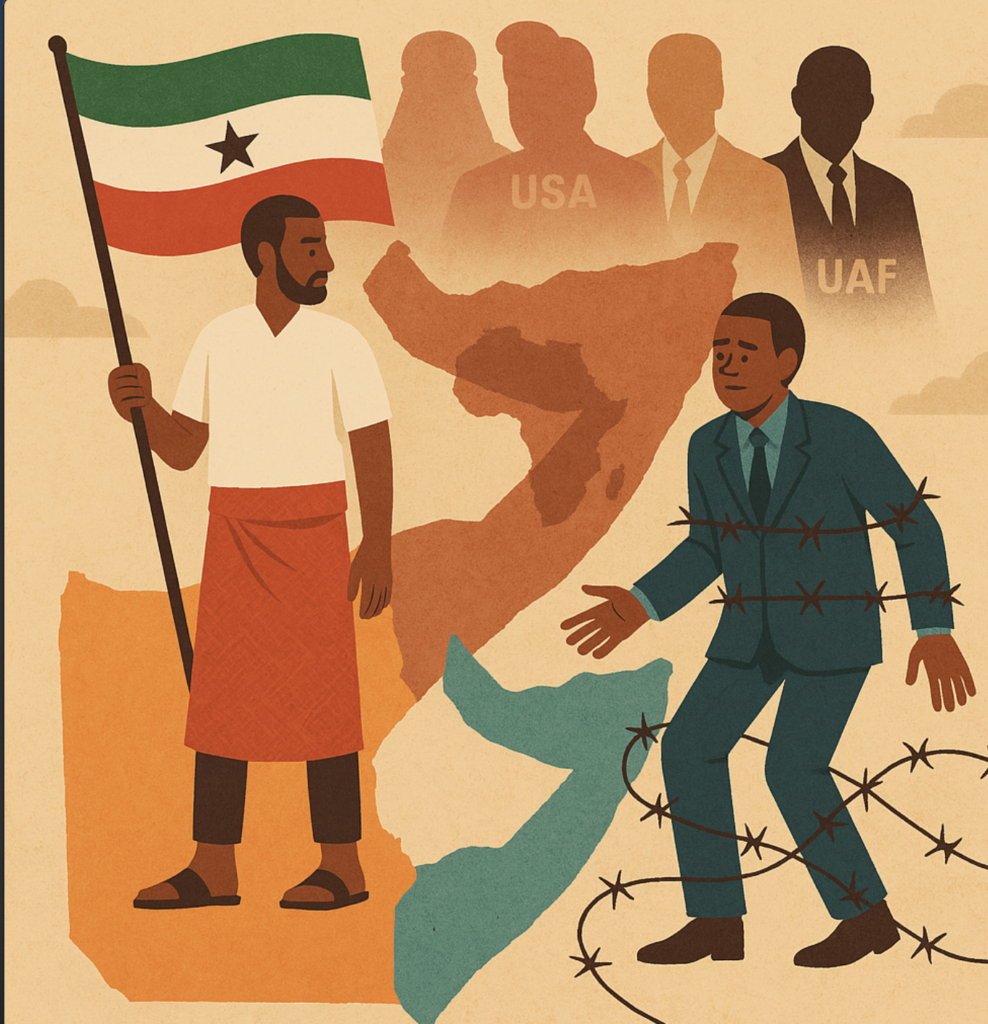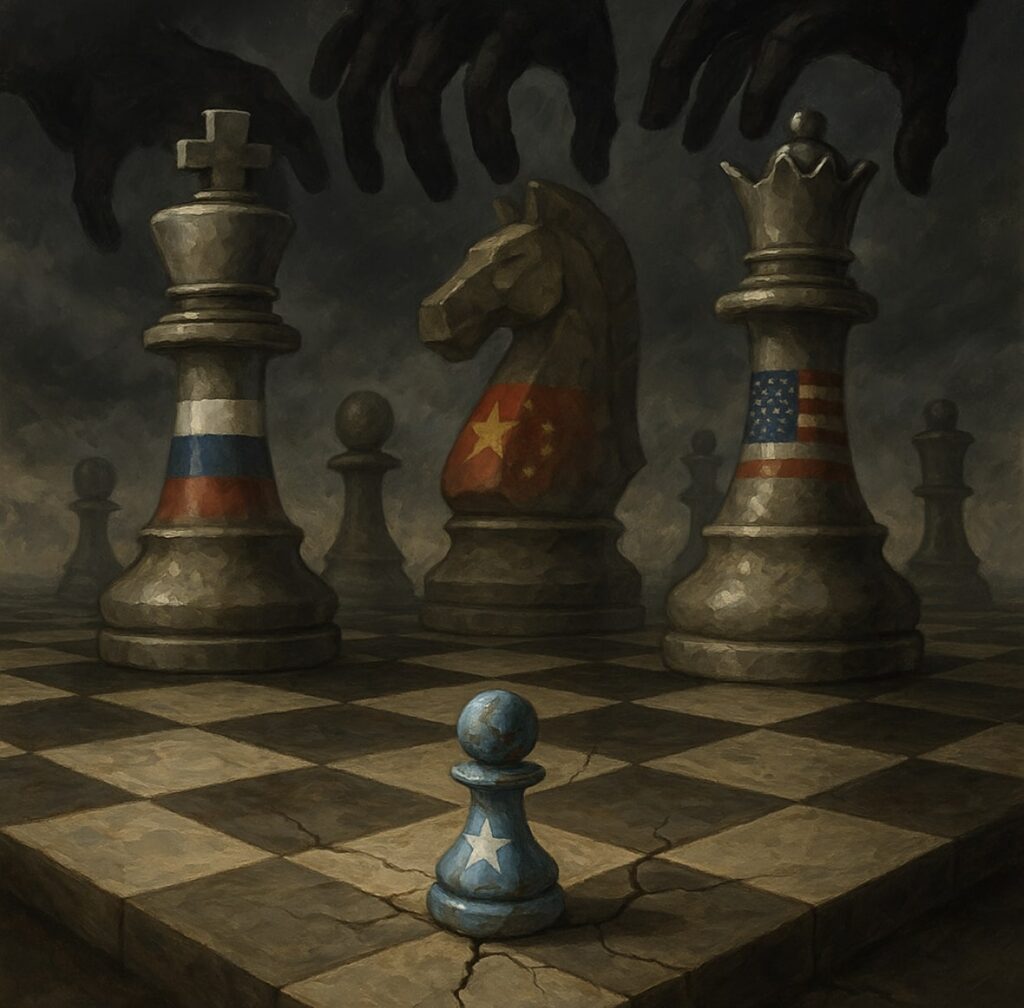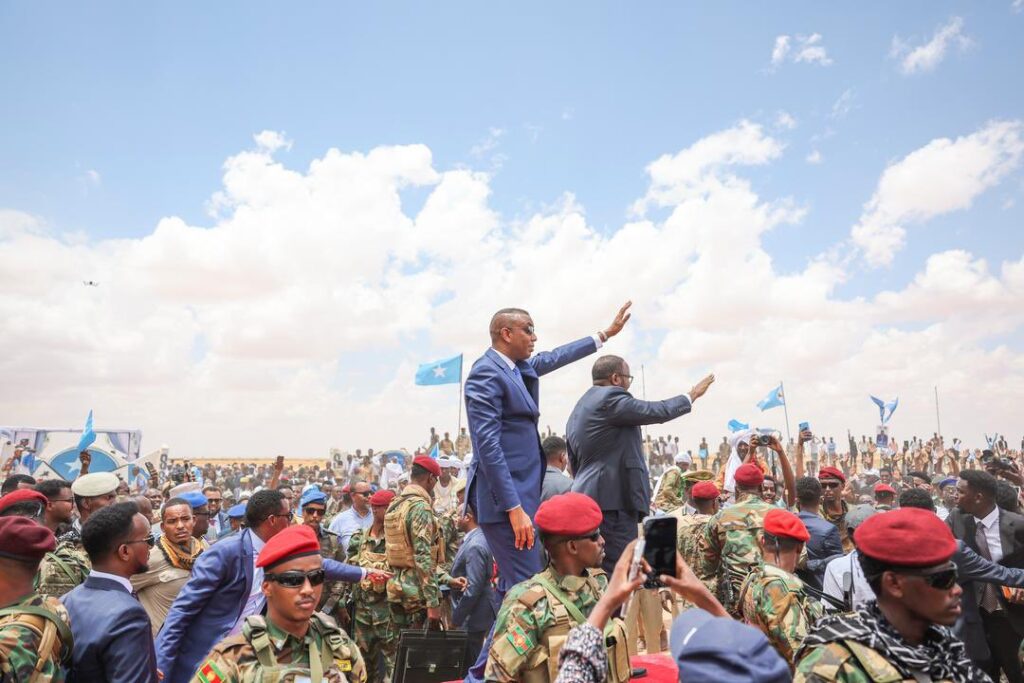For decades, Somaliland has pursued an independent identity separate from the tumultuous politics of the larger Somali state. Its history is deeply intertwined with the concept of a once-greater Somalia—a union that included not only modern-day Somalia but also Djibouti, parts of Ethiopia, Kenya’s North Eastern Frontier District (NFD), and both the northern and southern regions. In 1960, Somaliland and Somalia joined to form the Republic of Somalia, an arrangement that masked the cultural and political differences between these regions. Over time, however, the realities of history and governance diverged, setting the stage for Somaliland’s ongoing bid for international recognition.
Since the collapse of the central Somali government in the early 1990s, Somaliland has emerged as a beacon of stability amid regional chaos. While the southern parts of Somalia have grappled with civil war and counter-terrorism challenges, Somaliland has built long-lasting institutions, conducted one-man-one-vote elections, printed its own currency, and maintained an excellent security apparatus. These achievements have fueled its claims for statehood and have attracted the attention of the international community, particularly powerful actors such as the United Arab Emirates (UAE). The UAE’s support is seen by many as part of a broader strategy aimed at reshaping the geopolitical landscape of the Horn of Africa, dividing Somalia strategically, and gaining access to key maritime resources and ports. During Donald Trump’s administration in the USA, such international dynamics became even more pronounced, with external powers influencing regional alignments in ways that further legitimized Somaliland’s aspirations.
The Somali Federal Government, led by President Hassan Sheikh Mohamud, has largely remained on the sidelines of this unfolding drama. Critics argue that the government has maintained a delusional stance by ignoring the emerging political realities and the successful model of governance demonstrated by Somaliland. Instead of addressing longstanding grievances or proposing a framework for national reconciliation, the federal government has risked undermining the unity of Somalia. The failure to engage constructively with Somaliland’s leadership has deepened the divide, making it increasingly difficult to forge a cohesive national identity that respects both historical ties and contemporary realities.
To tackle this challenge, it is imperative for the Somali government to pursue a path of engagement and dialogue with Somaliland’s leaders. Acknowledging the distinct identity and the effective governance model of Somaliland could serve as the foundation for a federal restructuring that accommodates regional autonomy while preserving national unity. Reforms that devolve power and grant local control could help redress historical grievances and prevent further alienation of Somaliland’s populace. Economic integration, particularly through equitable resource-sharing agreements and joint management of strategic ports and maritime assets, may provide the necessary incentives for cooperation. Additionally, engaging neutral international mediators to facilitate negotiations between the federal center and Somaliland could yield an internationally backed framework for power-sharing, easing tensions and promoting stability.
Ultimately, strengthening national institutions is essential for the Somali government to rebuild trust among its citizens. Addressing corruption, improving public services, and demonstrating a commitment to democratic principles will help forge a cohesive national identity that integrates all regions. The struggle for Somaliland’s recognition is not merely a local dispute—it is a reflection of historical legacies, geopolitical ambitions, and the broader challenges of state-building in a post-colonial world. As Somaliland continues to prove its capability in governance and security, the Somali Federal Government faces a critical juncture. The path forward, whether through compromise, reform, or international mediation, will determine not only the fate of Somaliland but also the future unity and stability of the Somali nation.
